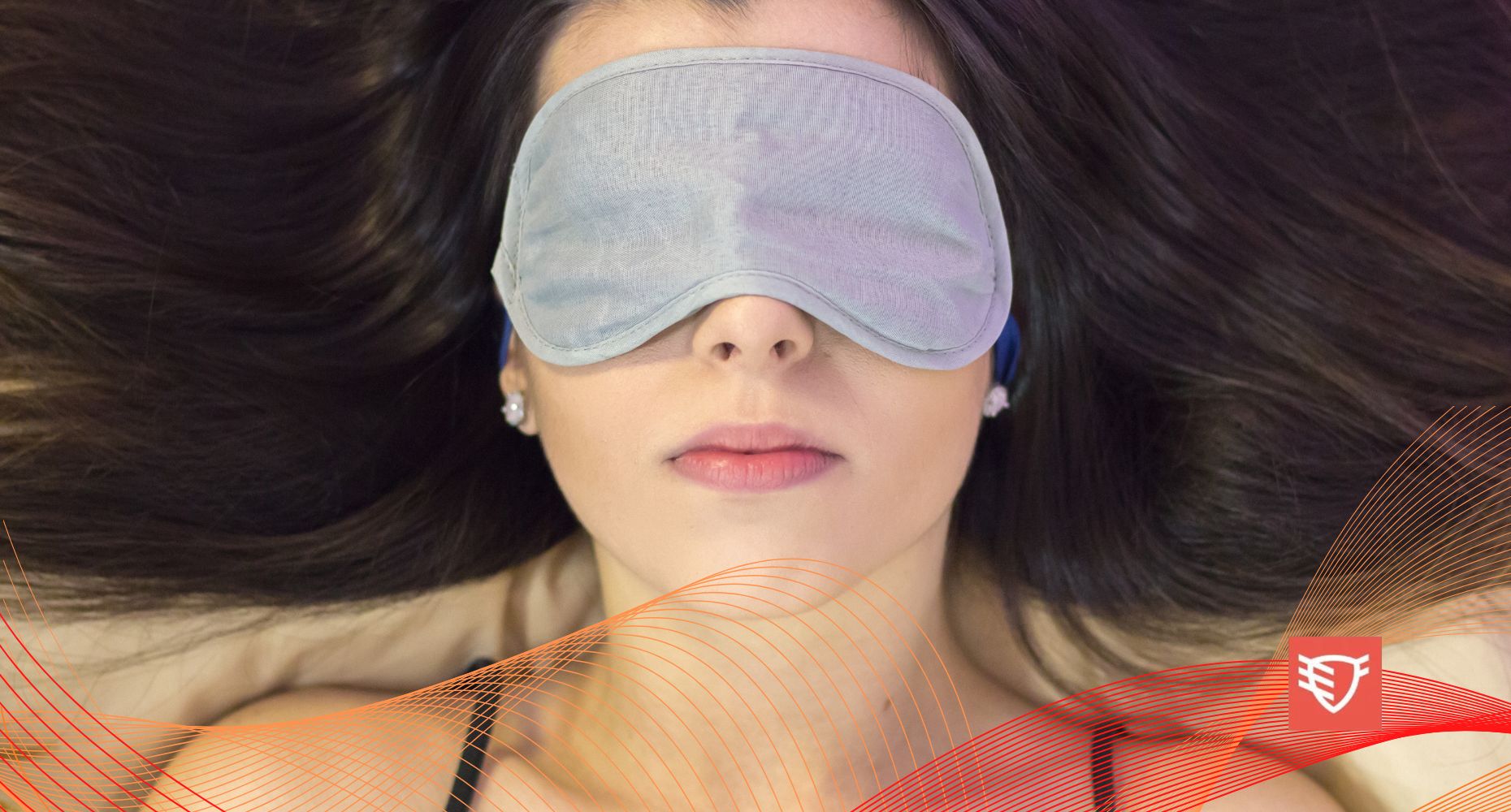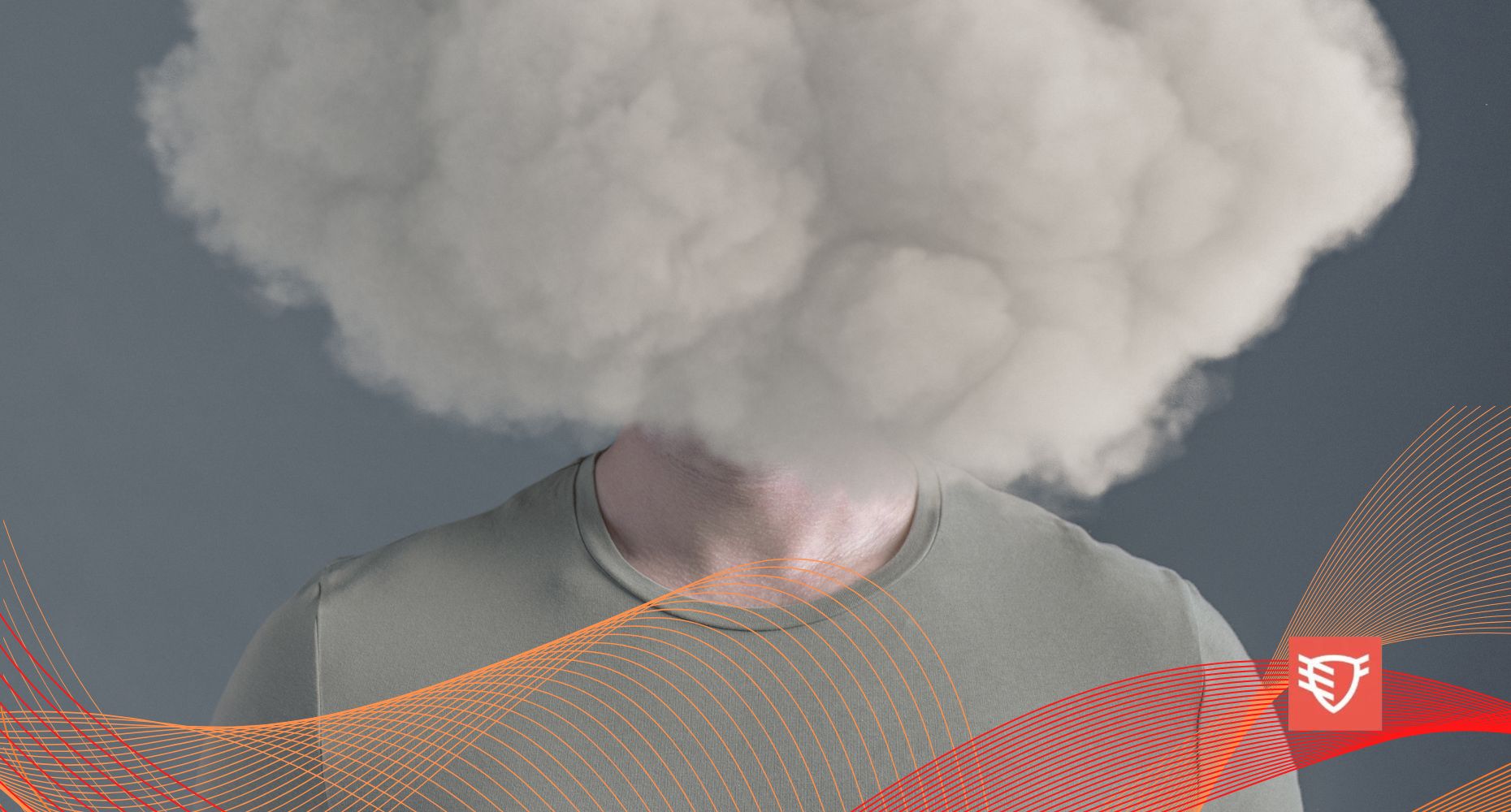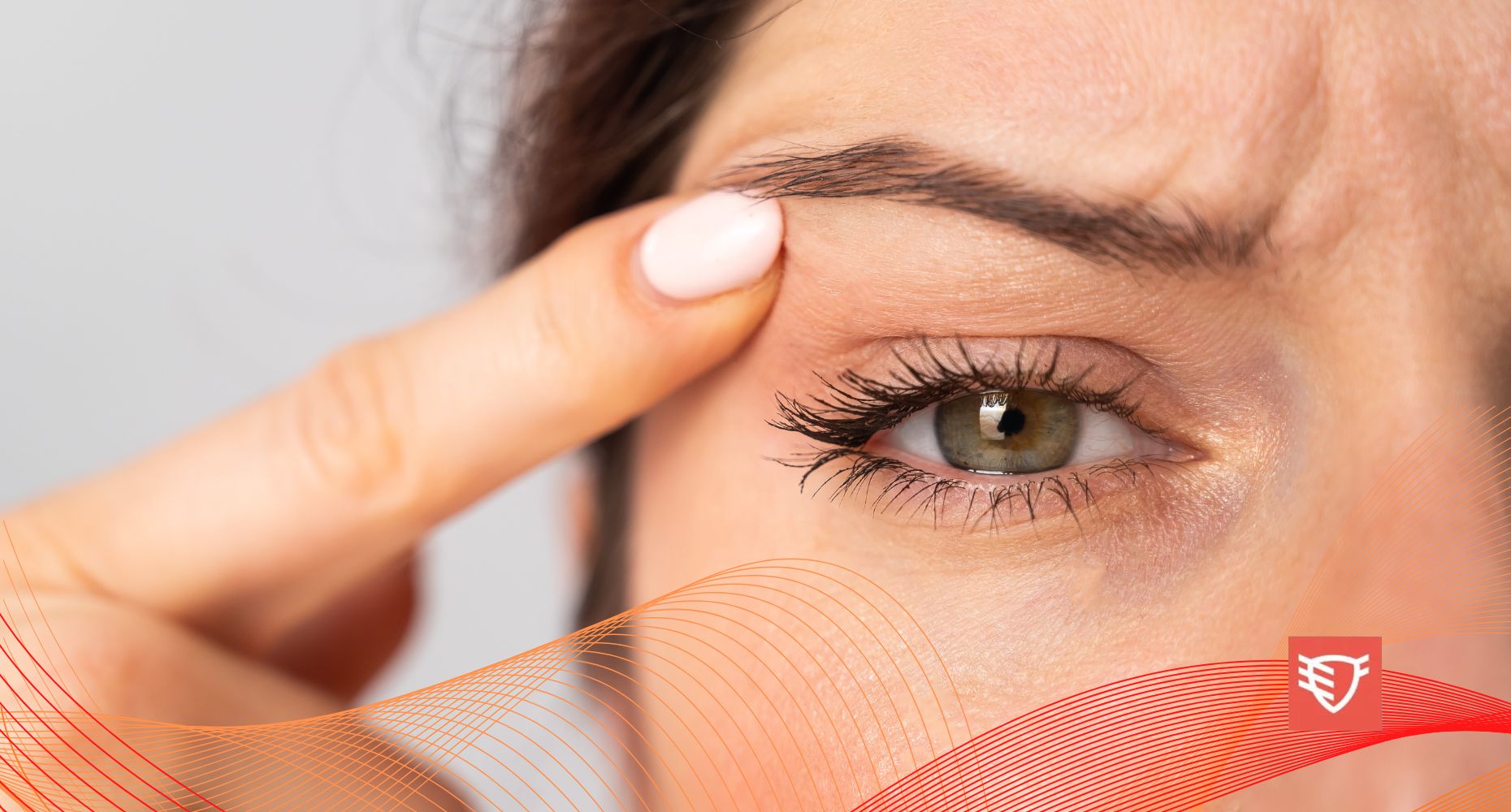Brak produktów w koszyku.
How to choose effective blue light blocking glasses?
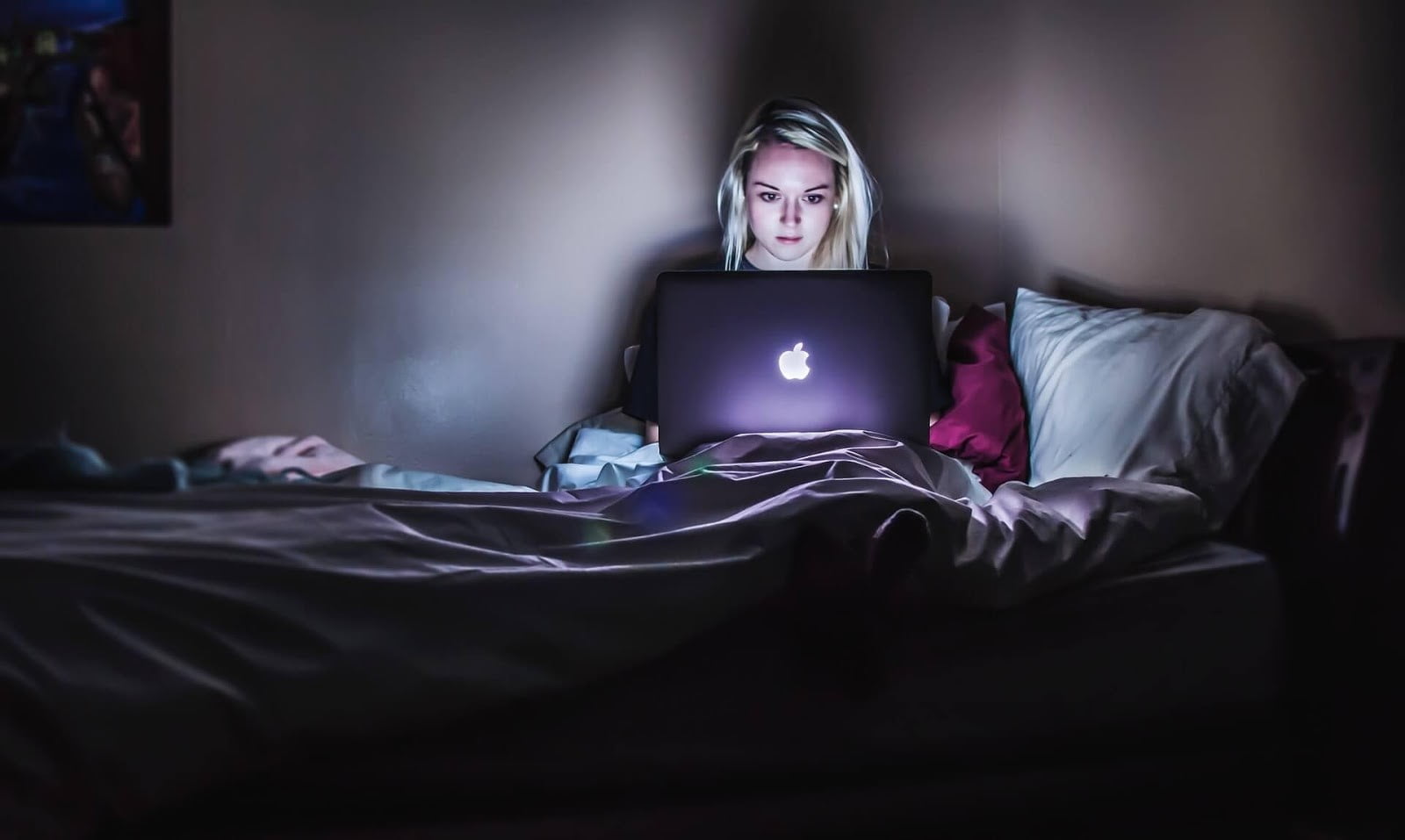
Dodano: 21 lutego 2021
Do you have trouble falling asleep or concentrating? Do you work at the computer, in the hall or do you often use your laptop, phone or tablet? If you are reading this article, you may have been driven to do so by concern for your mental and physical health. You know that glasses that block harmful blue light will help you take care of them. However, more and more seemingly similar models appear on the market. Which one should you choose?
Why should you wear blue light blocking glasses?
First, some theory. Thanks to the constantly developing science, we know today that the regular use of the latest technologies affects – unfortunately negatively – our bodies. All monitors, phone screens, televisions, and even LED bulbs emit blue light. While we are evolutionarily adapted to the amount of sun emitted by the sun, our eyes simply cannot cope with viewing it almost continuously.
Statistical person stares at the screens of mobile devices themselves, on average 6 hours a day, that is over 2,000 hours a year. This intensity affects different areas of the brain, eyes and general well-being. What symptoms can you expect with a similar lifestyle?
It begins innocently – with a pain in the eyes that even children feel. If you don’t react quickly enough, you may develop cataracts, retinal damage and macular degeneration, but that’s not all. To put it simply, blue light “informs” your body that it is now daytime. Effect? Decreased production of melatonin (the hormone responsible for sleepiness) and increased production of cortisol (the stress hormone). Such proportions make it difficult or even impossible to fall asleep.
It all adds up, preventing your mind from regenerating, causing insomnia, malaise, headaches and a lack of concentration. You could say that excess blue light is a disease that affects society as a whole, but in today’s world we cannot get rid of it that easily.
You can read more about the influence of blue light on your body in the post: The influence of blue light on health. Or maybe, instead of giving up on technology, try to master it?
Or maybe, instead of giving up on technology, try to master it?

Yellow, orange or red glasses?
Manufacturers sell blue light-blocking glasses with lenses of a variety of colors – from clear to almost red. It is these shades that prevent high-energy visible light from reaching your retinas and can protect you from its negative effects. When you buy your first glasses of this type, you may be wondering why there is such a huge difference in the colors of the different models and you are leaning towards those with yellow shades. However, it will not always be a good choice.
Each shade of lenses has a different blue light blocking index – the brighter it is, the lower it is. Does this mean that it is best to opt for the darker ones? Not always.
Analyzes show, for example, that dark red glasses can distort the colors of traffic lights, which can be dangerous. Wearing them during the day is also “tricking” the body and telling it that it should rest during this time. This situation has the same consequences as using phones at night – it disrupts the endocrine system. Red and orange glasses will come in handy after dark, i.e. when blue light would not reach you in nature. They will prepare your body for sleep, allow it to regenerate and take care of your eyes if you decide to watch your favorite series.
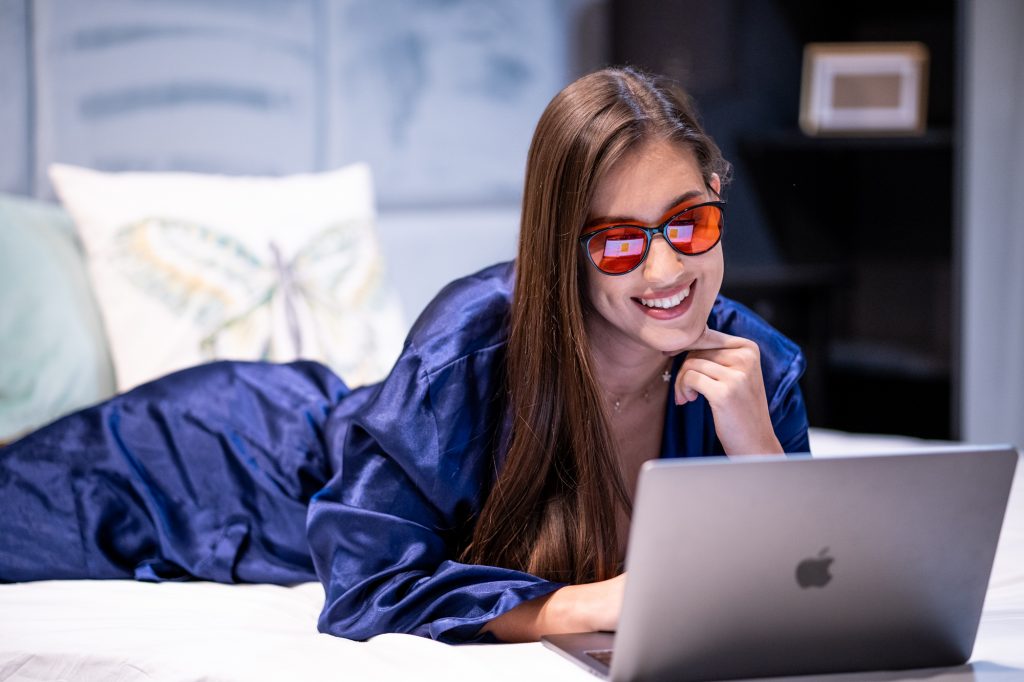
The brighter glasses are designed to let your eyes get only as much blue light as it would under natural conditions. Although those whose the above-mentioned ratio is low (from a few to a dozen or so percent) are tempting with their price, they don’t really change much. The best choice for daytime wear is lenses that block approx. 40% of the high energy light. Put them on when you use a computer or phone, and also if you work in a brightly lit place (e.g. in a production hall). Such glasses will not distort the colors, have a positive effect on the circadian rhythm of your body and protect you, among others. from headaches and eye problems.
It is also worth mentioning here that, similar to blue light, it works with a similar wavelength – green. However, this is not a popular fact, so not all eyewear manufacturers take this aspect into account.
Be sure to pay attention to this when buying your pair.
FUN FACT: Wearing blue light blocking glasses is becoming more and more popular also among celebrities and businessmen. Brad Pitt and Dave Asprey are eager to appear in them.
Fit overs for prescription glasses and blue light-blocking caps – a good choice?
What if you have a visual impairment? You can easily find the so-called fit overs, i.e. glasses worn over the corrective ones. It is true that they block (more or less) blue light, but they are also not very practical and inconvenient. Some companies also produce overlays that you can attach to the glasses – this is a slightly more convenient solution, but still uncomfortable and not very effective.
An alternative to these solutions are prescription glasses with lenses with a coating that blocks blue light. You can use them just like the standard ones, and over time you can even forget that they are different from the previous pair. This is not a common practice – most of the models available on the market are imported from abroad, which makes it impossible to personalize them.
Wiemy, że wiele osób z wadami wzroku szuka wygodnego rozwiązania do „walki” z niebieskim światłem na co dzień. Dlatego jako jedni z nielicznych, w EyeShield regularnie wykonujemy okulary korekcyjne z filtrem światła widzialnego o wysokiej energii. Produkujemy je w Polsce i dbamy o to, żeby były wykonane według recepty od optyka, tak, żeby pasowały do Ciebie w 100%.
The world seen in warm colors
You will find both cheaper and more expensive blue light blocking glasses on the market. Each manufacturer, regardless of their parameters, will convince you that their product will help you fall asleep, allow you to work late and protect your eyes against serious diseases. When taking care of your health, always follow “dry facts” – research and parameters of a given product.
As you can see, each solution has its advantages and disadvantages. The most important thing, however, is that such glasses should effectively regulate your body’s circadian rhythm, i.e. block about 40% of blue light during the day and 100% after sunset. The latter must be orange – physics cannot be deceived. That is why the most effective protection will be provided by two pairs worn alternately – before and after dark.
Are you looking for glasses that will meet all the requirements listed in the article and, thanks to the quality of workmanship, will serve you for many years? Check out the two lines of EyeShield glasses – NightShield (night – 100% block) and DayShield (day – 40% block). These two products work together to protect you from blue, green and UV light.
